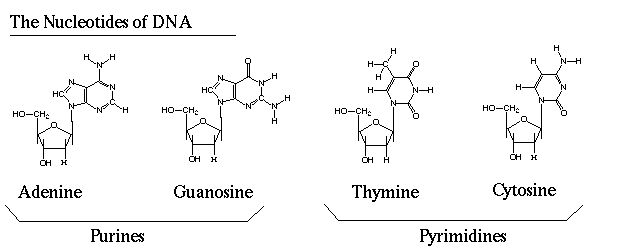All the program does is determine if binding is increased after mutations
The steps are right there in the pictures. Two of the jaw bones evolve into two of the middle ear bones. If you remove any one of those two bones from the middle ear of a mammal then they are deaf, they stop hearing. The system is IC, and we can directly observe the steps in the fossil record.
It is nearly universal which is all that it needs to be.
That is not the explanation. Transition mutations are more common because they occur between chemically similar bases. It is more common for polymerases to insert the wrong base if the wrong base is chemically similar to the correct base.

A and G have two rings are chemically similar. T and C have a single ring and are chemically similar. These are the transitions. It has nothing to do with selection since this pattern holds true in junk DNA that does not code for amino acids.
Selection is not random.
If genes are required then mutations which knockout those genes will be selected against. It’s not that difficult to figure out.